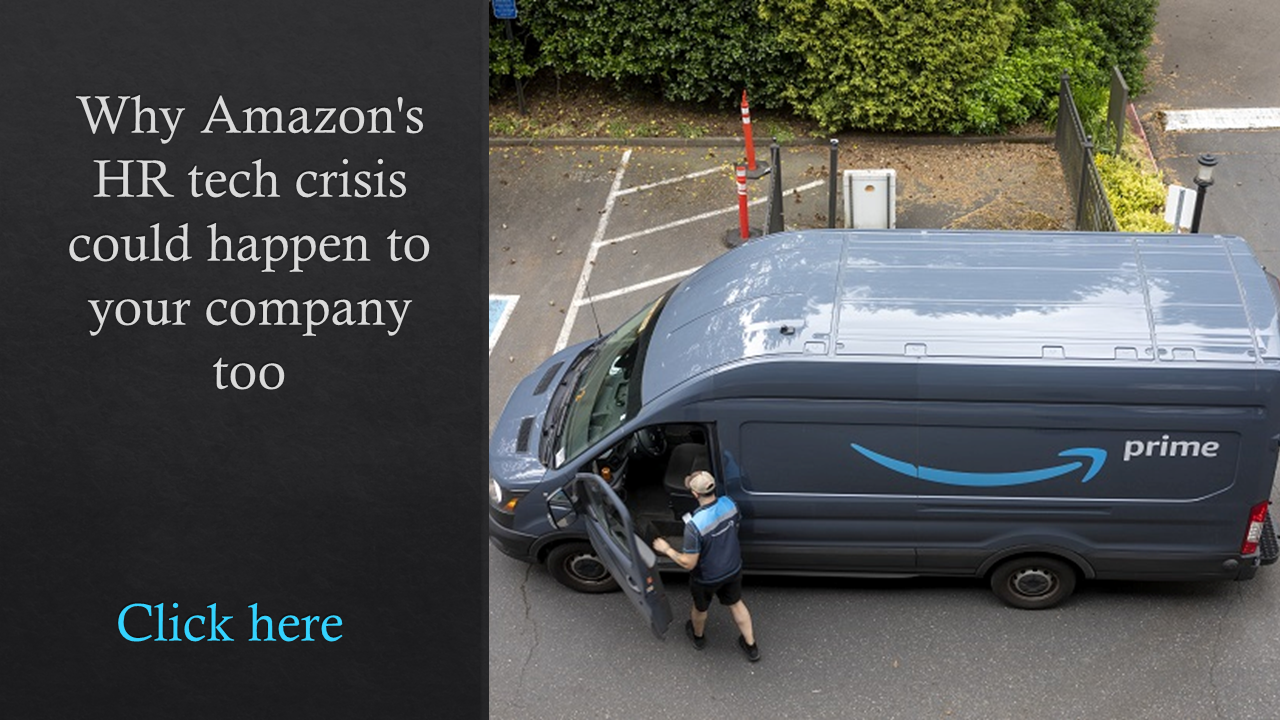The authorization this week of Pfizer COVID-19 vaccines for children ages 5 to 11 is the latest major step in the push to get Americans vaccinated. It’s also another opportunity for employers to step up their efforts to boost inoculation numbers by offering encouragement, messaging and incentives, as well as easing challenges—all in a move to get employees to vaccinate their kids.
“With the CDC’s approval of vaccines for children, employers will continue to play the same leadership role in helping to get fact-based vaccine-related information to all employees to help support the health of their families,” says Dr. Dena Bravata, chief medical officer of Castlight, a healthcare navigation platform that works with several Fortune 500 companies.

Dr. Dena Bravata, Castlight Health
Employers have largely been viewed as credible messengers during the pandemic and a vital piece of the puzzle when it comes to boosting vaccination rates. Although employers can’t require COVID vaccines for dependents of their employees like they can for their workers, their role in the vaccination equation for employees’ children is still vital, experts say. And it makes sense: Employers not only provide healthcare benefits to employees, but to many of their family members as well. Employers want their employees to stay as healthy as possible to keep a lid on medical claims and costs, but also to generally keep themselves—and workplaces—safe.
“It’s important for employers to play their part in helping to flatten the curve to protect public health, businesses and the economy. And part of that is helping support rollout of vaccines,” says Melissa Jezior, president and chief executive officer of Eagle Hill Consulting.
 As many company and HR leaders have done with primary vaccination—and now additional booster shots—for their employees, they should communicate the benefits of getting children vaccinated against COVID-19. For instance, employers can share credible resources and information with employees about the safety, efficacy and side effects of vaccines, as well as offer assist in finding vaccination locations for employees’ kids.
As many company and HR leaders have done with primary vaccination—and now additional booster shots—for their employees, they should communicate the benefits of getting children vaccinated against COVID-19. For instance, employers can share credible resources and information with employees about the safety, efficacy and side effects of vaccines, as well as offer assist in finding vaccination locations for employees’ kids.
Related: Biden’s vaccine mandate rule is released: What HR needs to know now
“Ever since the pandemic began, employers have been working hard to ensure that employees receive accurate facts and information about COVID testing and vaccinations, as well as easy-to-access resources. Numerous surveys, including those by the Kaiser Family Foundation, have found that employers are among the most trusted source of healthcare-related information,” Bravata says.
Many employers found success in boosting vaccination numbers by hosting town hall meetings with local public health officials to answer questions about vaccines, Bravata adds. “This would be recommended again, since we know that parents have many questions relative to the safety and efficacy of vaccinating their kids.”

Melissa Jezior, Eagle Hill Consulting
Jezior agrees. “Many employees may have concerns about giving the vaccines to children, and hearing from experts, community leaders or other employees might help address their concerns,” she says. This could include company-convened panel discussions with doctors or vaccine experts and forums for employees to discuss vaccines for children, tapping into personal vaccine experiences of company leaders.
Related: Want to get workers vaccinated? Try these 6 strategies
Just as important as acting as credible messengers to reiterate the safety and efficacy of COVID-19 vaccines—as well as emphasize that the shots are free to receive—is for employers to ease the way for employees to get their children vaccinated, says Jezior. That includes providing employees with the flexibility they need to schedule and get to vaccine appointments for their children or giving them extra time off or the ability to work from home if they need to take care of kids who have side effects from a shot.
Larger companies could go one step further, she says, and reimburse employees for their travel costs to vaccine appointments. Another idea companies could explore? Offer financial or other incentives for fully vaccinated families.
“The key for employers is to be flexible and supportive,” Jezior says.